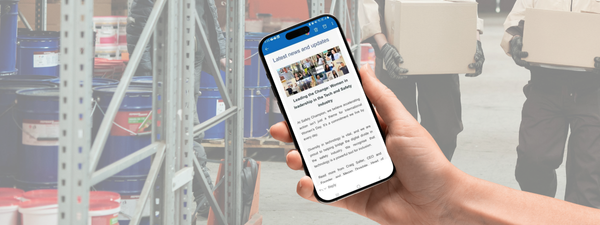So, psychological safety. Maybe you remember that a few years ago Google released their findings about what makes the perfect team following some internal research. It was pretty big at the time. But in case you missed it, what they found was that ‘psychological safety’ was not only the most important factor of a successful team, it actually underpinned all the other factors.
Psychological safety is the understanding that members of a team will not be punished or humiliated for speaking up with ideas, questions, or concerns, and even admitting to mistakes or shortfalls. It is all about ensuring that team members feel comfortable and safe in taking risks and even feeling vulnerable on occasion around each other.
To put it into practical terms, think of the poorest team you have been part of – this may be in a work, sporting or personal relationship context. Maybe it was an absolute drag to meet with them. Maybe you felt like you were never going to achieve what you set out to achieve as a team. Or maybe there might have even been conflicts amongst the team members.
If you’ve experienced anything like this, it’s likely – according to Google’s research – that the team wasn’t psychologically safe. This is what prevents a team from thriving.
So, how do you go about getting psychological safety in a team?
Well, whether you are a manager or coach, a facilitator, a team participant or partner, the advice is largely the same;
- Be open to new ideas
- Respect those in your team and their views
- Listen without interruption
This, put simply, is treating others as you’d like to be treated yourself! Easy yeah?
And we think – like Google – that psychological safety is a critical factor when it comes to strong workplace health and safety. After all, if people don’t feel they can speak up about what’s making them feel unsafe, how can you go about fixing it and preventing injury or harm?
Here’s a link to that Google work on psychological safety that we mentioned earlier.
Some other useful articles along these psychological safety lines:
https://www.safetychampion.com.au/should-i-be-worried-about-my-staff-being-bullied-at-work/












